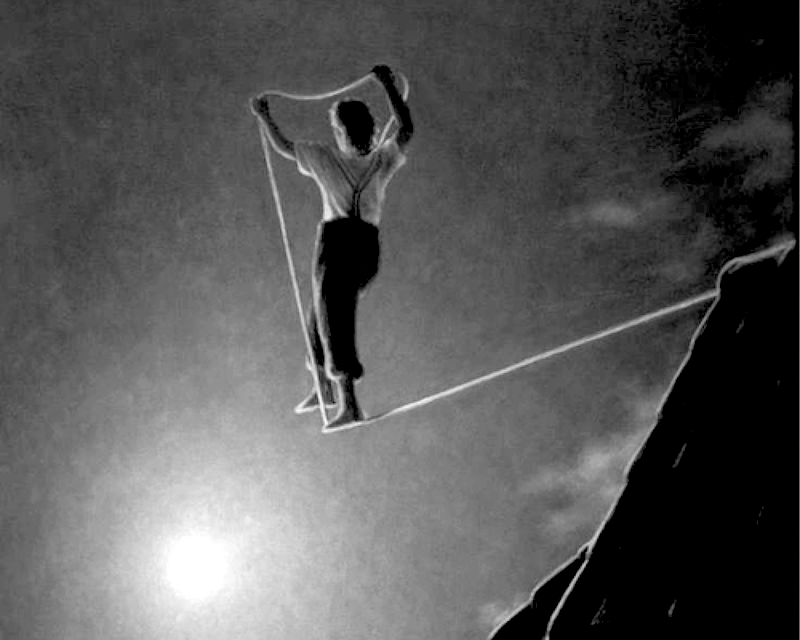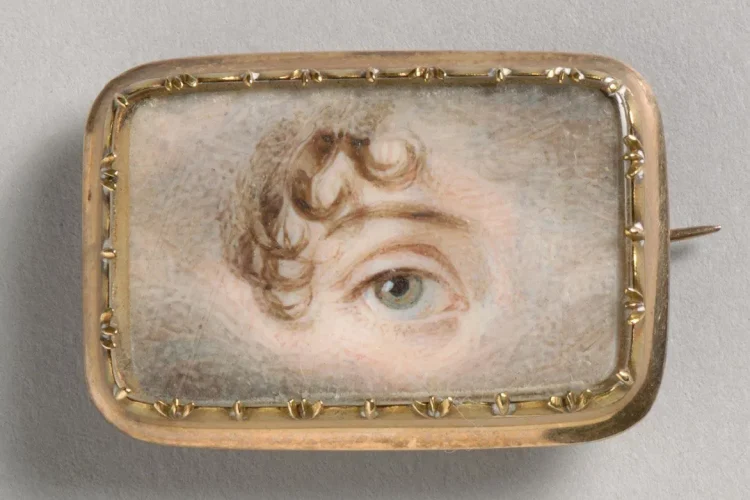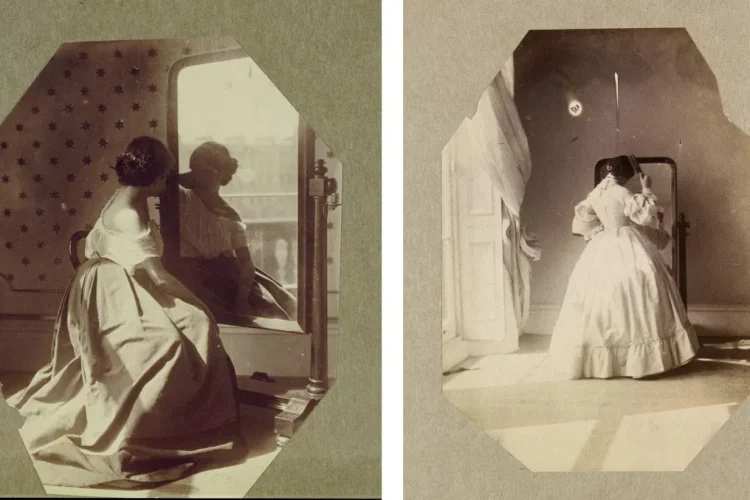T.B., Rock Hill, USA
Just left a toxic job and unsure of what the future holds. Hopeful, but fearful. Maybe I’ll never find a fulfilling job? Need some of that mid-life wisdom.
T.B.
DKN:
First, congratulations on leaving a toxic job—it’s no small feat, and is a tremendous gift to extract yourself out of an unhealthy environment. Of course, doing so puts one in the “What now?” bind, since most of us do need to work for a living. I sympathize with the hopeful but fearful state you presently find yourself in.
As someone who has held many kinds of jobs in different states and cultural contexts—one year, while living in a small town in Central PA, I took a job as a pharmacy technician and reported a gross income of $8k that year (I didn’t have to pay rent due my being a +1 of a poetry fellow at the nearby university). Even though I got to live rent-free in the university’s “Poet’s Cottage,” and engage with the creative writing community in ways that deeply nourished my imagination, the day job labor left me with physical pain, depleted emotional stores, and an exhaustion so deep that I could barely cobble meals for myself (and I relish in cooking for myself and others). While working this job, I felt that I was either emerging from too little sleep, or trying to get to bed as soon as possible.
I share this to preface how I refashioned how I think about living in a fulfilling way: I don’t think I’ve ever had a fulfilling job, and the jobs that I hoped or thought would be fulfilling, would sometimes reveal to be taxing in latent emotional ways.
And so, I realized that I could have fulfillment via different methods: to carve out time doing something that brought me much nourishing and joy (I volunteered one night a week with a socially-conscious food pop-up during my time working in tech—and even though I’d go to bed around 2am, only to return to my tech job later that morning, I really felt a sense of purpose and belonging for the new community that embraced me). During my PhD, things at times were so toxic that I nearly dropped out. Since I was nearly done with coursework, I opted to focus my mental energies on providing my dog with the best possible life: I took him on hours-long hikes and to dog “parks” that spanned hundreds of acres. I thought of my life as full-time dog-attendant, with a part-time job as PhD student. Did this comprise my performance somewhat in the program? Sure, but I passed my classes and only focused on elements of school that best served me (so as to avoid being consumed by the toxicity of the environs).
It is my hope that you know you’re not alone in this experience, and that you’re able to take a kernel of something which brings you joy, and to find ways to lean into it so that you can feel nourished by it in such a way that doing-a-job-to-make-a-living becomes less focused and more involuntary, like taking time to go to the restroom.
Here’s a poem that captures the acute sensory experience of being in a job that isn’t fulfilling—I love how even in the mundanity there’s a particular delight in the use of electric diction, which to me is no small wonder in and of itself.
My Hair Burned Like Berenice
-Ruth AwadAnd after nailed upon the night
Berenice’s burning hair.
—W.B. Yeats, “Her Dream”Days of rain. The drey outside my window would keel
and the wind would plunder. My heart was valent
with possibility: I could be anyone now, half woman,
half asterism. Fragmental as a new year. Patron saint
of the rutilant and cindering. I could rove incognito
to places pinned in office calendars. Too long I’d
mothered myself with the admiration of onlookers.
I was grateful to be alone in my abstraction. To be both
ignored and abraded by a coarse sky. I did not offer up
parts of me like kindling. I will not embellish a single
hemisphere. The ground bulges with a wet sound.
It is glutted with what was given. I do the wolfish work
of god and make myself again. Ripen like lichen on
the pavement. Like rain carrying the memory of lightning.






